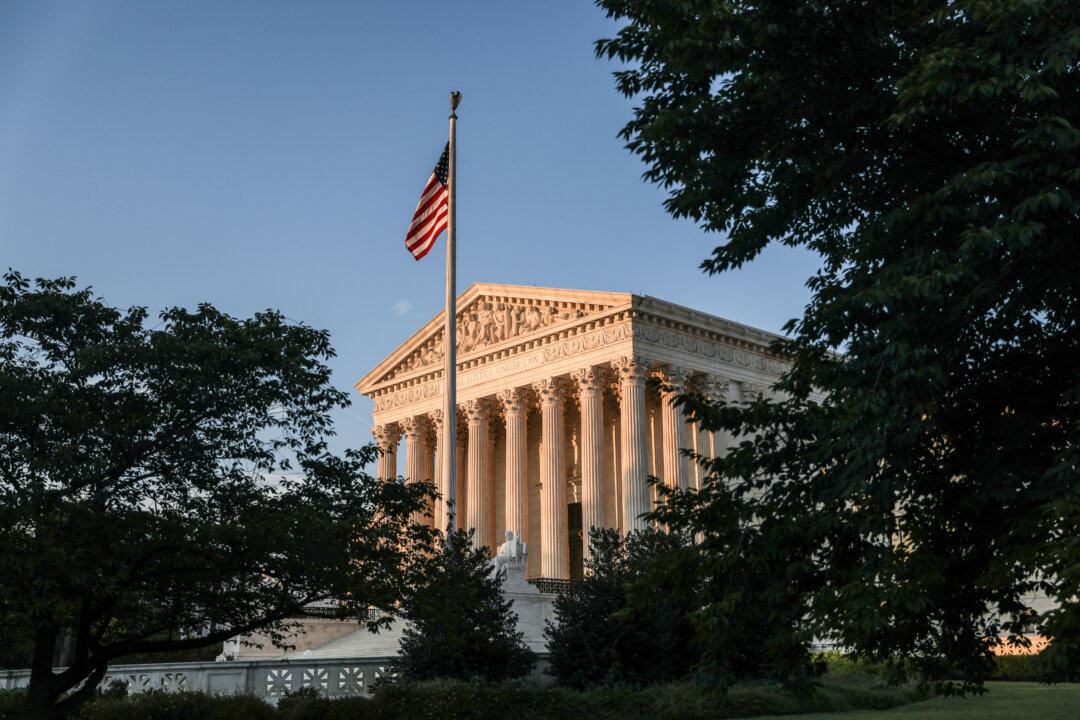The Supreme Court will hear a Republican appeal of a lower court ruling that redrew 11 districts in the Virginia House of Delegates after finding their boundaries had been drawn to dilute the power of black voters.
The racial gerrymandering case is important because the court-imposed redistricting could help determine which party controls the House in Richmond in future elections. Currently, party standings in the chamber are 51 Republicans to 49 Democrats. Republicans also narrowly control the state Senate, where they occupy 21 of the 40 seats.





